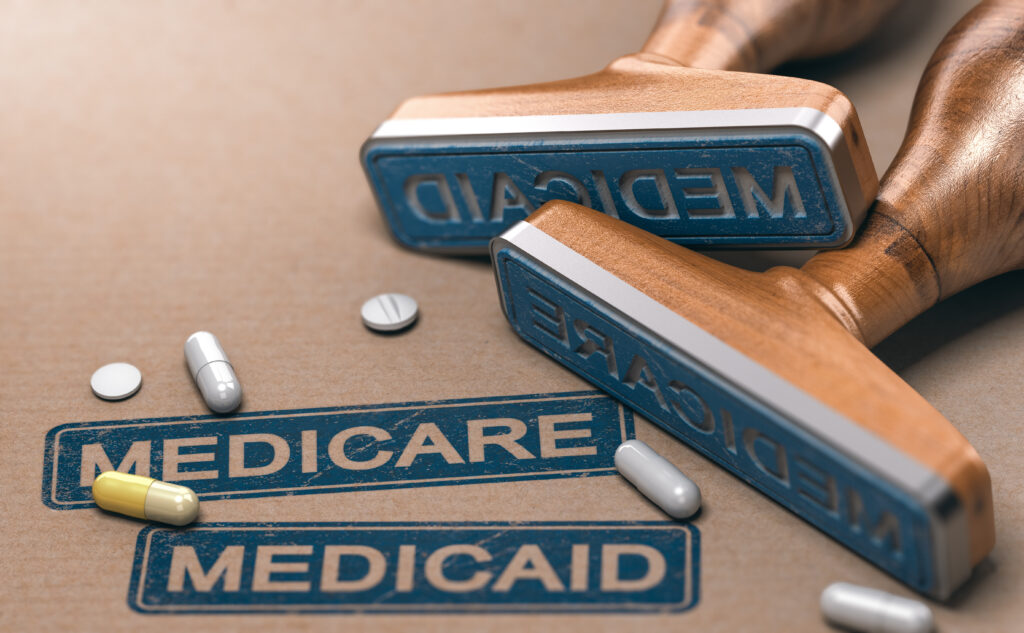About Bosa Consulting
Aptent tincidunt lobortis eveniet! Molestie accusamus qui magna, consequatur posuere, sociosqu phasellus, nam sit dis fuga nemo eu, per duis vestibulum eveniet exercitationem assumenda, totam.
Post Categories
- No categories
Low Income Subsidy (LIS or Extra Help)
While Medicare does cover a significant portion of healthcare costs, it does not cover all of them, leaving some Medicare beneficiaries with significant out-of-pocket expenses. Fortunately, if you meet certain income requirements, extra help is available to help cover some of these expenses.
Extra help, also known as the Low Income Subsidy (LIS) program, is a program designed to provide financial assistance to Medicare beneficiaries who have limited income and resources. The program helps to pay for Medicare Part D prescription drug costs, including premiums, deductibles, and copayments. Eligibility for extra help is based on income and resources, and the program can significantly reduce the out-of-pocket expenses for those who qualify.
One of the primary eligibility requirements for extra help is income. In 2023, the maximum income for an individual to qualify for extra help is $21,870, while the maximum income for a married couple is $29,580. These income limits are subject to change each year, and individuals who earn more than the maximum income may not be eligible for extra help.
If you have Medicaid or receive Supplemental Security Income (SSI) benefits you automatically qualify for extra help. Medicaid is a joint federal and state program that provides health insurance to low-income individuals, and SSI is a federal program that provides financial assistance to those with disabilities, blindness, or over the age of 65 with limited income and resources. Medicaid can help pay for Medicare premiums, deductibles, and copayments. Additionally, Medicaid may provide coverage for services that Medicare does not cover, such as long-term care, vision, hearing, and dental care.
If you believe you may be eligible for extra help, there are several ways to apply. One option is to apply online through the Social Security Administration’s website . You can also apply by calling the Social Security Administration at 1 800-772-1213 or by filling out a paper application and mailing it in.

